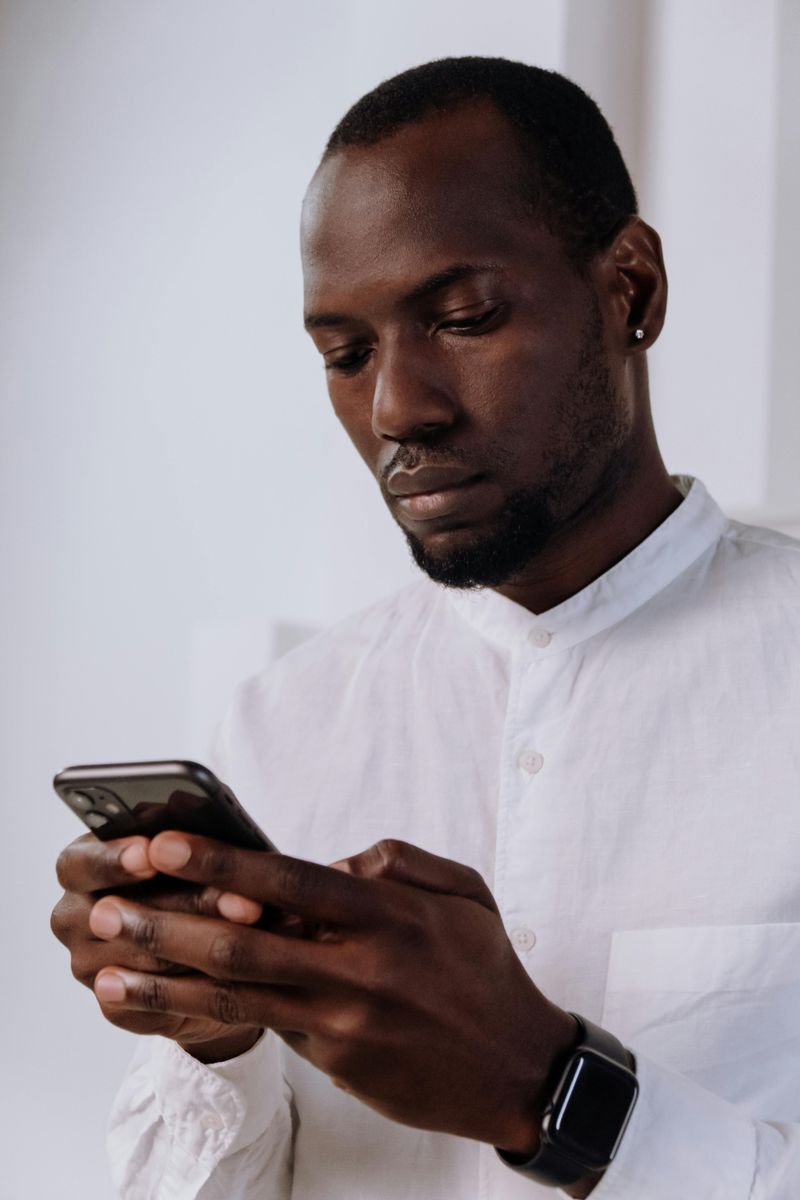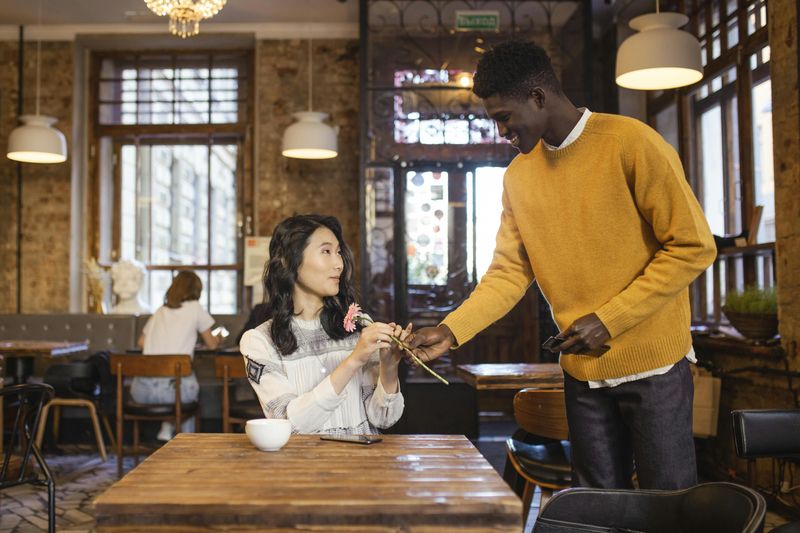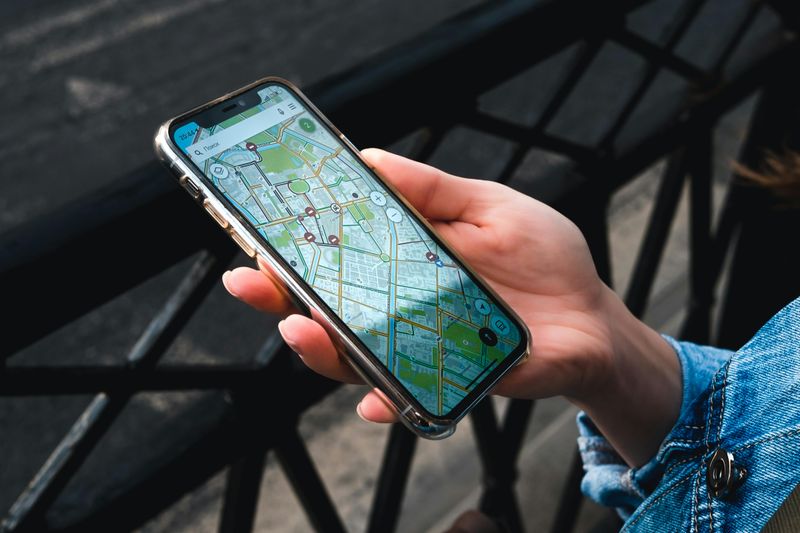10 Ways to Protect Your Identity While Online Dating

Online dating has opened up amazing opportunities to meet new people, but it also comes with real risks to your personal information and safety.
Scammers and identity thieves often target dating apps and websites because people tend to share personal details when they’re looking for connection. Protecting yourself doesn’t mean you can’t have fun or find love—it just means being smart about what you share and how you interact with potential matches.
1. Use a Separate Email Address

Creating a brand-new email account just for dating apps keeps your main inbox safe from potential threats. Your primary email is connected to banking, social media, shopping accounts, and other sensitive information that criminals would love to access. When you use a separate address, you create a wall between your dating life and everything else.
Free email services make it easy to set up additional accounts in minutes. Choose a username that doesn’t reveal your real name or birth year. If something goes wrong with a dating connection, you can simply delete that email address without affecting your important accounts or losing access to things that matter.
2. Keep Your Last Name Private

A first name is plenty for someone to connect with you without revealing too much. But a full name makes it easy for anyone to track down your personal details—where you live, work, and who you’re related to—within minutes. Information like that should come with trust, not be shared upfront.
Most dating platforms only require a first name for your profile anyway. Wait until you’ve met someone in person several times and feel genuinely comfortable before revealing your surname. If someone pressures you for your last name early on, that’s actually a red flag worth paying attention to.
3. Avoid Sharing Your Phone Number Too Soon

Your phone number is more valuable than you might realize—it can be used to find your address, run background checks, or even take over your accounts through SIM swapping attacks. Staying on the dating app’s messaging system for initial conversations protects this important piece of information. Plus, if things get uncomfortable, blocking someone on an app is much easier than dealing with unwanted calls and texts.
When you do feel ready to exchange numbers, consider using apps like Google Voice that provide temporary numbers. This gives you texting and calling abilities without exposing your real digits until you’re absolutely certain about someone.
4. Be Careful with Social Media Links

Connecting your dating profile to Instagram or Facebook might seem harmless, but social media reveals far more than you intend. Photos can show where you work, where you hang out, who your friends are, and even where you live based on location tags. Someone with bad intentions can piece together your entire routine from your posts.
Review your privacy settings on all social platforms before even considering linking them to dating apps. Better yet, keep them completely separate until you know someone well. When profiles ask for social media handles, you can simply leave those fields blank—there’s no rule saying you must fill them out.
5. Choose Public Meeting Places

It’s safest to meet someone new in a lively public spot like a restaurant, coffee shop, or park. With other people and security around, you have support if anything seems uncomfortable. Don’t agree to a home pickup on the first date; they’ll learn your address before you truly know them.
Stick to daytime meetings for the first few dates if possible. Tell a friend or family member where you’re going, who you’re meeting, and what time you expect to be done. Some people even share their live location with a trusted contact during first dates for extra security.
6. Don’t Share Financial Information

Romance scams cost victims millions of dollars every year, and they always start with building trust before asking for money. Legitimate romantic interests will never ask you to send cash, buy gift cards, pay their bills, or share your banking details. These requests are massive warning signs that you’re dealing with a scammer, not a genuine connection.
Be especially cautious of sob stories about emergencies, sick relatives, or business deals gone wrong. Real relationships develop naturally without financial pressure or requests. If someone brings up money at all during early conversations, end communication immediately and report their profile to the dating platform.
7. Use Strong, Unique Passwords

Any platform that holds your private messages, photos, or location data becomes a goldmine for hackers. If you recycle the same password everywhere, one breach can fling open the doors to all your accounts. Give each site its own strong, unique password to keep your personal world locked up tight.
Password managers can generate and remember complicated passwords for you, so you don’t have to memorize dozens of different combinations. Include uppercase letters, lowercase letters, numbers, and symbols to make your passwords nearly impossible to crack. Change your passwords every few months, especially if you hear about a security breach affecting any service you use.
8. Limit Location Sharing

Many dating apps use your location to show nearby matches, but you can usually adjust settings to hide your exact whereabouts. Showing your precise location tells strangers exactly where you are at any moment, which creates serious safety concerns. Adjusting your location radius to show only your general area or city provides enough information for matching without pinpointing your home or workplace.
Check your app permissions regularly to see what location data you’re sharing. Some apps continue tracking you even when you’re not actively using them. Turn off background location access and only enable location services when you’re actually browsing profiles or planning to meet someone.
9. Research Your Matches

Running a quick online search on someone before meeting them isn’t paranoid—it’s smart. Try reverse image searching their profile photos to see if they appear elsewhere online or belong to someone else entirely. Catfishing is common on dating platforms, and scammers often steal photos from social media to create fake identities.
Look up their name along with their claimed city or profession to verify their story makes sense. Inconsistencies in what they tell you versus what you find online deserve serious attention. Trust your instincts if something feels off. Genuine people will understand your need to verify information before meeting face-to-face.
10. Trust Your Instincts

Your gut feeling exists for a reason—it picks up on subtle warning signs your conscious mind might miss. If someone makes you uncomfortable with pushy behavior, inconsistent stories, or requests that feel wrong, listen to that inner voice. You don’t owe anyone an explanation for ending communication or declining to meet up.
Watch for red flags like avoiding video calls, making excuses for why they can’t meet in person, or moving too fast emotionally. Healthy relationships develop at a reasonable pace with mutual respect and boundaries. Don’t let loneliness or the desire for connection override your safety instincts. The right person will respect your caution and boundaries.

Comments
Loading…